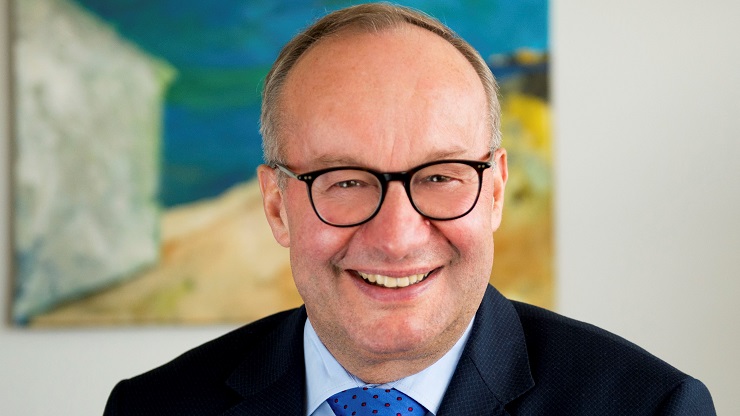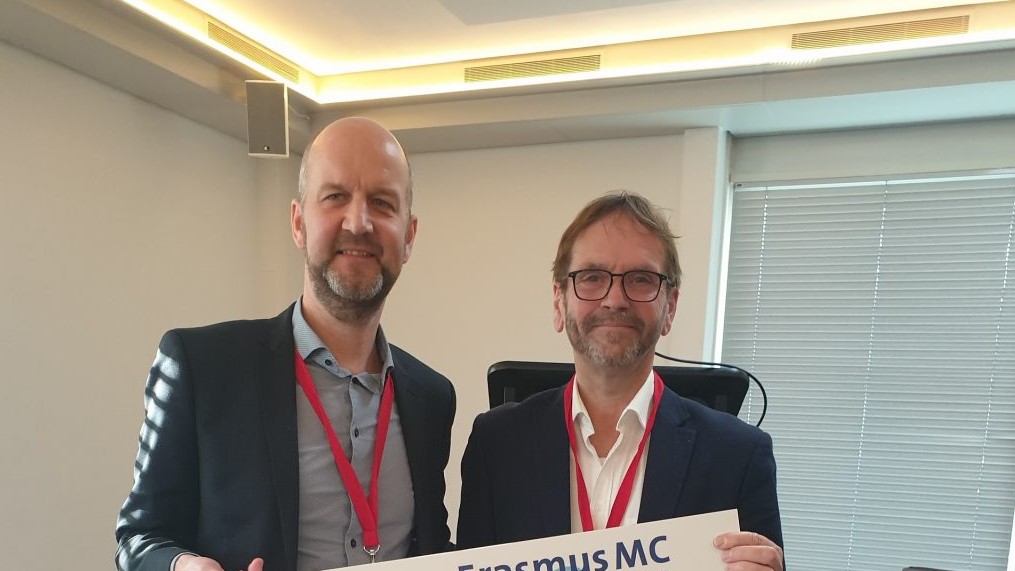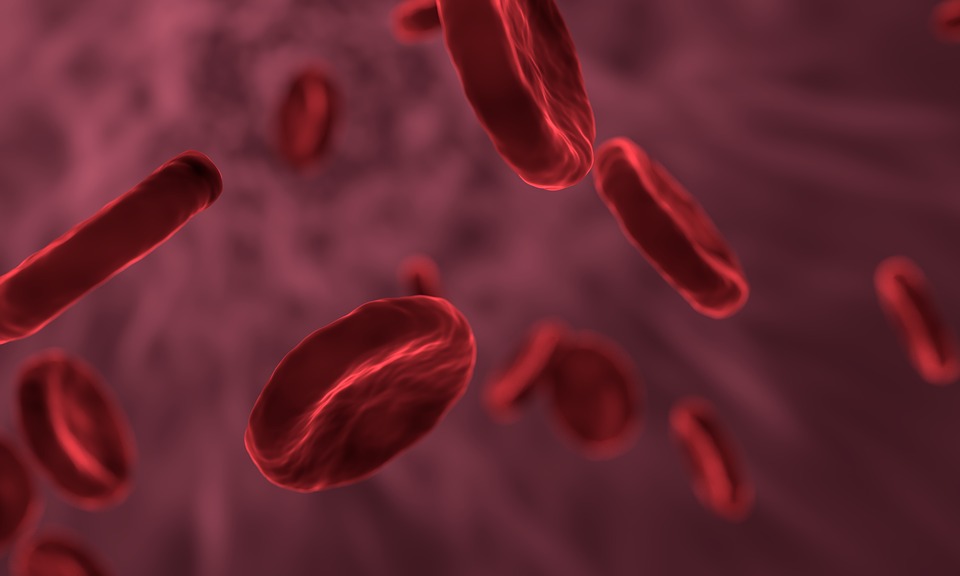Dr. Hermann Einsele is the recipient of the Erasmus Hematology Award 2022
The Erasmus Hematology Award has been established to honor a distinguished scientist who has made pivotal contributions to our understanding in an area of Hematology.

Dr. Einsele is a world leading expert in the field immunotherapy for hematological malignancies. He is most known for his achievements in translational research and clinical studies in the field of multiple myeloma with focus on CAR T-cell therapy, bi-specific antibodies, adoptive immunotherapy and stem cell transplantation.
Hermann Einsele is a full professor of Internal Medicine and Director of the department of Internal Medicine of the University Hospital in Würzburg, Germany.
Award Lecture: “Bi-specific antibodies and CAR T-cell therapy in mature B-cell malignancies”
The official ceremony and the Hematology Award lecture is scheduled on Tuesday October 4, 2022 from 16.00-17.00h. The lecture will be preceded by a mini symposium on cellular therapies in hematological malignancies and oncology by renowned clinicians and researchers in the field:
- Joachim Aerts, professor of Pulmonology
- Marie José Kersten, professor of Hematology
- Tom Cupedo, associate professor of Hematology
The symposium starts at 14.30h at the Depot, Museum Boijmans van Beuningen, Museumpark 24 in Rotterdam.
Dr. Einsele is hosted by the Department of Hematology at Erasmus University Medical Center.
Information and registration
If you wish to attend the symposium and the 2022 Hematology Award Lecture, please register at: erasmus.hematology.award@erasmusmc.nl.
For information please contact Prof Dr Frank Leebeek, Head of the Department of Hematology at 010-7033740 or Tessa Mannee at: erasmus.hematology.award@erasmusmc.nl.
Time: Mondays 16:00 hrs / 04.00 PM CET
Location: Zoom
Contact: Prof Dr Ruud Delwel, h.delwel@erasmusmc.nl, Mrs. Tessa Mannee, t.mannee@erasmusmc.nl
Duration: 1 hour
Cost: Free of charge & no registration required
Webinar ID: 896 3513 0792
Zoom link: https://us06web.zoom.us/j/89635130792
19 September 2022
Omar Abdel-Wahab, Memorial Sloan Kettering Cancer Center, New York, U.S.A.
New mechanism based therapeutics for leukemia
|
03 October 2022
Matthew Flick, University of North Carolina, Chapel Hill, U.S.A.
Coagulation-driven tumor growth and metastasis in pancreatic ductal adenocarcinoma
|
17 October 2022
Irene Ghobrial, Dana-Farber Cancer Institute, Boston, U.S.A.
Early interception in multiple myeloma
|
31 October 2022
Jonathan D. Licht, University of Florida, Gainesville, U.S.A.
NSD2, A histone methytransferase driving lymphoid malignancy
|
14 November 2022
Constanze Bonifer, University of Birmingham, Birmingham, U.K.
Aberrant signalling drives gene regulatory network dynamics in acute myeloid leukaemia
|
28 November 2022
Cristina Lo Celso, Imperial College London, London, U.K.
Healthy and malignant haematopoiesis in the bone marrow: dynamic cells in an evolving environment
|
19 December 2022
Paul Liu, National Institutes of Health, Bethesda, U.S.A.
Core binding factors (RUNX1 and CBFB) in leukemogenesis: lessons learned and more challenges
|
Grant Department Hematology ErasmusMC for single cell analyses in hematologic malignancies
The Hematology department has received a grant of €100.000 from the Stichting Leukemie (www.leukemie.nl) for single cell analysis of hematological malignancies, in particular acute myeloid leukemia (AML).

AML is an example of a heterogeneous group of hematologic malignancies with a variable response to therapy. The heterogeneity of AML is illustrated by the different (combinations of) mutations that occur with AML. Based on these mutations the prognosis of the AML patient can be estimated. However, despite the fact that prognostics in AML has greatly improved in recent decades, there is still much to be learned.
Residual disease during therapy of a haematological malignancy is a good predictor for getting recurrence of disease. We have recently demonstrated that the use of next generation sequencing in residual disease detection greatly improves the quantitative prediction of a recurrence (M. Jongen et al., NEJM 378, 2018).
The analyses in the above study were performed on the bulk of the AML cells. Analysis of DNA abnormalities at the level of a single cell will ultimately be necessary to determine which cells within a heterogeneous population of cells are critically important for the return of the AML. The grant from the Stichting Leukemie will be used to purchase equipment for the analysis of residual disease in AML at the single cell level.





